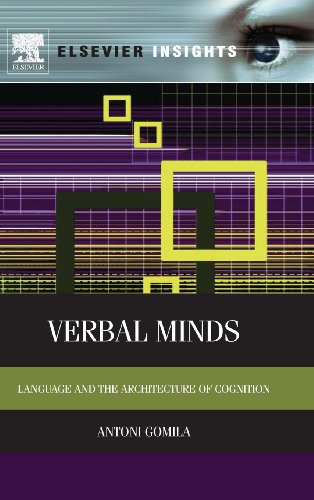

Most ebook files are in PDF format, so you can easily read them using various software such as Foxit Reader or directly on the Google Chrome browser.
Some ebook files are released by publishers in other formats such as .awz, .mobi, .epub, .fb2, etc. You may need to install specific software to read these formats on mobile/PC, such as Calibre.
Please read the tutorial at this link: https://ebookbell.com/faq
We offer FREE conversion to the popular formats you request; however, this may take some time. Therefore, right after payment, please email us, and we will try to provide the service as quickly as possible.
For some exceptional file formats or broken links (if any), please refrain from opening any disputes. Instead, email us first, and we will try to assist within a maximum of 6 hours.
EbookBell Team

4.3
98 reviewsTen years ago, the hegemonic idea was that language was a kind of independent module within the mind, a sort of "print-out" of whatever cognitive activity was taking place, but without any influence whatsoever in that activity. While this view is still held, evidence amassed in the last 10 years suggests another view of their inter-relationships, even though exactly which one is not clear yet, in part because of the lack of a unified view, and in part because of the inertia of the previous position, in part because all this evidence must be considered together. An increasing number of researchers are paying attention to the issues involved as the human language specificity may provide a clue to understand what makes humans "smart," to account for the singularities of human cognition.
This book provides a comprehensive review of the multiple developments that have taken place in the last 10 years on the question of the relationships between language and thought and integrates them into a coherent framework. It will be relevant for anyone working in the sciences of languages.